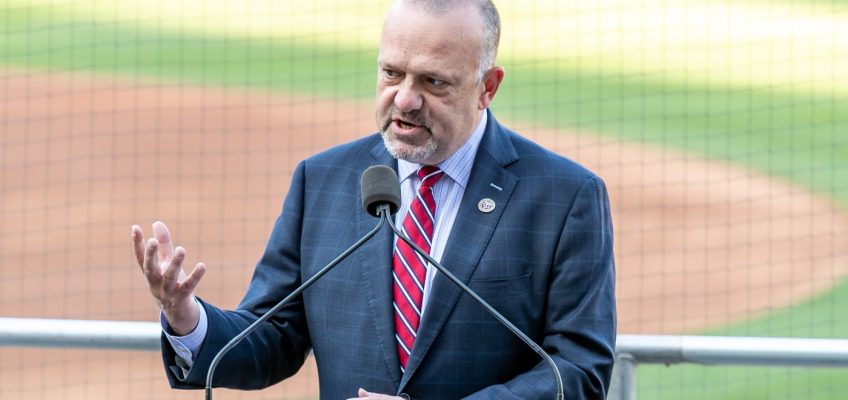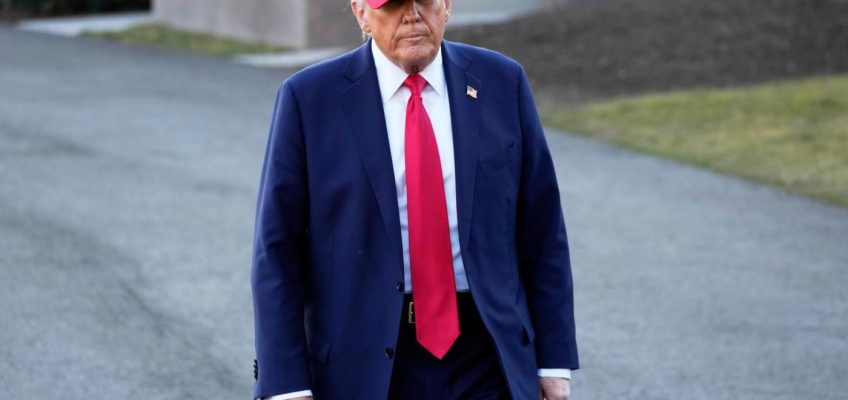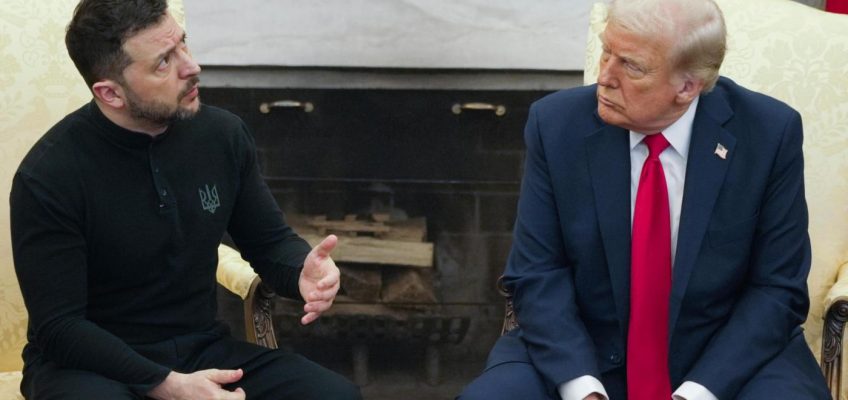As the days and hours ticked down on Dave St. Peter’s tenure as president of the Twins, the longtime executive took some time to get sentimental, feeling the emotions of stepping away from what he described as “a dream job.”
But mostly, his focus was on the work that was still in front of him.
“We were in the office down (in Fort Myers, Fla.) … (last) Sunday talking about some things, and he was way in the weeds on all kinds of details and stuff and it was like, ‘Dave, you don’t have to worry about this anymore. There’s other people that are going to take care of it,’ ” senior vice president of operations Matt Hoy, St. Peter’s longtime friend, recalled.
But for those who know St. Peter, the Twins’ president since 2002, and CEO since 2016, it was no surprise that he sprinted through the finish line.
St. Peter, who after 35 years in the organization moved into a strategic advisor role on Monday with Derek Falvey taking over as the president of baseball and business operations, only knew one way to do the job.
His path in baseball began in 1990, when he was hired as a Twins intern. After he latched on with the team, he made a vow to himself that nobody would outwork him. Never, at that point, could he have imagined that he would one day become part of team leadership — much less the team president.
“I was tapped on the shoulder multiple times over the course of my 35-year-run and asked to take on incremental responsibility, including when I was named the president,” St. Peter said. “And all I ever said at that moment was … ‘Thank you. I’m grateful for the opportunity and I’ll do the best I can.’ Looking back on it, it was a little bit of a storybook run.”
Leaving a legacy
From the time then-owner Carl Pohlad started publicly indicating that he wanted a new stadium built, it took more than a decade to secure funding for Target Field. In the interim, the Twins faced a contraction scare that threatened to take the sport away from the local community.
Come 2006, St. Peter played a leading role in helping the Twins secure public funding for the new ballpark, ensuring the team’s long-term future in Minnesota. He then had a hand in the design, construction opening and upkeep of the ballpark, considered by many to be among the best in the major leagues.
“Nobody has ever worked harder for the Minnesota Twins than he has. Frankly, when you think about how long the franchise has been around, nobody’s probably had more impact than him,” Hoy said. “To solidify the franchise for the Minnesota community is a huge thing … and he’s one of the key factors of how we got there.”
St. Peter isn’t focused on his legacy — “That’s up for others to contemplate,” he said — but the list of accomplishments during his tenure long. Under his watch, the Twins opened an academy in the Dominican Republic and secured major renovations to their spring training facility in Fort Myers. He also was instrumental in helping secure and put on major events at the ballpark, including the 2014 MLB All-Star Game and the 2022 Winter Classic.
He’s been a leader in the community, working with a number of different nonprofit and civic organizations around the state, and he’s helped re-engage some of the franchise’s best players, bringing them back in ambassador roles and making a point to celebrate the history of the franchise.
The guiding light was the fanbase and what he could do for the team’s supporters.
It didn’t always go to plan. St. Peter expressed excitement about the Twins’ new television home — Twins.TV — which will expand the team’s reach across the region, but he expressed remorse over how long it took to get to that point after large swaths of the fanbase were unable to watch games for years.
“I love every aspect of our organization and feel really proud of the work that we’ve done over time,” St. Peter said. “We haven’t always gotten it right, but I think more often than not, we have.”
Always on call
St. Peter was the very first team-associated employee Falvey met when he came to interview for the Twins’ top baseball operations job in 2016. The two chatted over coffee at Starbucks in the Loews Hotel in downtown Minneapolis for 15-20 minutes, and it didn’t take long for Falvey to start envisioning working alongside St. Peter.
Falvey, of course, was hired for the job and soon realized that St. Peter was mentor and a friend, someone who had his back at all times and was always trying to help him for the betterment of the franchise.
“You want to talk about someone who cares about a team more than anybody not named Pohlad, this is him,” Falvey said. “He lives, breathes and walks Twins baseball every day. And in that, coming from that, is this incredible amount of depth and care and loyalty and connection to everyone inside the building.”
Multiple Twins employees described St. Peter as a boss who was always on call, always there to help or troubleshoot problems. He was very often the first to arrive and the last to leave and had his pulse on everything going on across all aspects of the organization.
“Dave really was unbelievable when it came to finding time for everybody,” senior vice president of communications and public affairs Dustin Morse said. “He still found time to sit in meetings that might have been more junior to him, but it was important that he showed up to them because it made the rest of us feel very important and valued as an employee.”
And within those meetings, you had better be prepared because “he knew as much about your job as you did,” added Morse, who described St. Peter as a firm but fair leader.
He did it all with one thing in mind.
“He was all in for the Minnesota Twins organization,” former Twins general manager Terry Ryan said. “It wasn’t for him selfishly. He was interested in making the organization better.”
What’s next?
It’s no surprise that St. Peter really isn’t slowing down.
In his strategic advisor role, he will continue to lead on all things local media, which will include the rollout of Twins.TV. He’s still representing the team on any and all legislative matters, and he will continue to play a role as the Pohlad family explores a sale of the ballclub.
He’s also looking forward to having more down time and an opportunity to decompress and think about what he’d like to do next.
There are sacrifices to working at the pace that he did for that many years — it may not have always been the healthiest or smartest approach, he admitted — though it probably served the franchise well. Work-life balance simply was not a thing for much of his career.
“It took its toll on me,” St. Peter said. “I’ve talked openly that it impacted relationships in my life, and there were sacrifices made, and I’m not really proud of that, to be honest with you.”
Now, he’s looking to get some time back and invest it with the people who matter most with him — his children, his family, his good friends.
He plans to travel more, though he doesn’t have much on the docket, yet, and he’s looking forward to spending more time golfing — he may not be very good at it, he said, but he enjoys both the physical and social aspect of the sport.
But while he may be enjoying some long-awaited free time, he’ll never be too far away from the franchise that he poured three and a half decades of his life into.
“Derek’s encouraged us all to use him whenever we feel we need, and he promises me he’ll pick up the call,” Morse said. “But he also said he could be on the golf course.”
Twins pitcher Pablo López lends his time to young prospects
Twins’ presidential transition to take place Monday
After breakout season, Twins prospect Luke Keaschall, now healthy, aims to do it again
Twins’ newcomers make a quick impression
After breakout rookie season, Simeon Woods Richardson looks to win rotation spot




